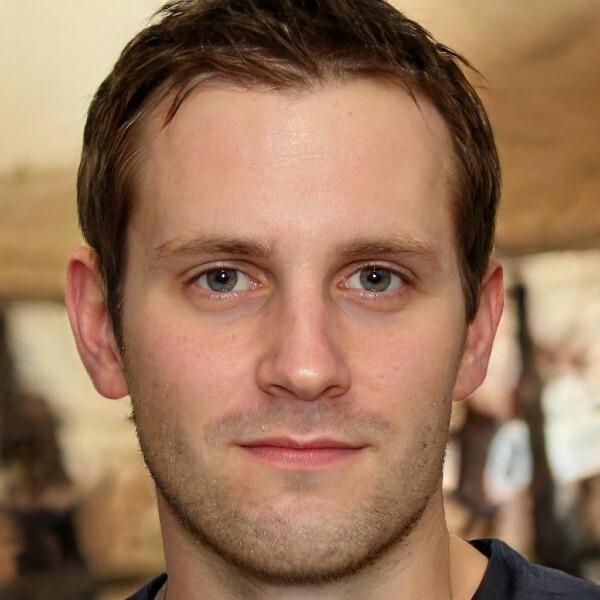Social media affects virtually every industry in our world today. Healthcare is no exception. As social media usage continues to climb and shows no signs of letting up, more and more healthcare professionals and organizations are adopting social media as a core element of their communications and operations. Social media is an incredibly powerful tool that can be utilized to accomplish a wide variety of functions.
Even as you read this, the healthcare industry is refining its methods of applying and benefitting from the use of social media. These efforts are changing realities for countless people that are ultimately benefiting from a higher standard of healthcare. Here are just a few of the ways that can happen.
Engaging with Medical Professionals Around the World
One huge advantage that social media and the nature of the internet creates is the ability to connect with people that could be on the other side of the globe. Social media makes geographic location practically obsolete in some ways. This can open an entirely new spectrum of possibilities – connecting with other professionals, group learning, research, exposure to different ideas and approaches, new literature and written works, and more. Healthcare professionals of all kinds can benefit from collaborating and connecting with other medical practitioners around the world via social media.
Medical professionals can learn, grow, and adapt more quickly than ever before thanks to the connectedness that social media allows. It is easier than ever before to find other practitioners that may be working on aligned projects or research subjects, taking similar approaches, or focusing on the same specialties. This can elevate the level of practice and increase learning for everyone involved, ultimately contributing to better standards of care and quicker iterations of care and practice around the world.
Promoting Health Awareness and Literacy
Social media is often used by populations around the world as a source of expertise and know-how. A large percentage of people that have access to the internet make use of social media platforms to get questions answered, look for advice, and confer with friends and contacts. Many people use social media to follow thought leaders in areas of interest. The content they might consume could range from political news to baking advice to physical therapy how-to tips. Because this is an established pattern and expectation, social media has become a natural channel that medical professionals can utilize to release health information.
Different healthcare practitioners and organizations might use drastically varied approaches to accomplish this. Some may write blog posts or long-form written content, while others utilize short-form bursts more appropriate for Twitter or Facebook. Some use social media as a promotional tool for their services or clinics, while others publish general information that is readily available and usable by anyone who comes across it. Whatever a particular practitioner or organization’s approach may look like, medical professionals and healthcare providers are utilizing social media to create expert content and make it openly available on the internet. This contributes not only to their own caseloads or bottom lines but to the wellbeing and health literacy of every viewer who consumes that content.
Offering and Accessing Virtual Health Coaching
Social media platforms have made a new type of content easily available over the past decade: virtual health coaching. At one point in time, these offerings would have only been accessible by purchasing DVDs or videos from specialty retailers, attending live events, hiring personal coaches, or paying to attend training sessions. Social media and technological advances changed that reality and made things like coaching videos, live remote training, and virtual coaching plans and apps readily available.
Being able to utilize resources like these changes the game for healthcare providers and patients alike. For some medical professionals, this type of offering can create interesting side-income opportunities (or, in some cases, replace their income entirely). For others, pointing patients to these types of resources can make helpful augmentations to care provision and increase treatment plan efficacy. These offerings can engage patients who might not be able (or persuaded) to visit a clinic for treatment or healthcare planning.
Communicating with Patients, Families, and Communities
Finally, another use for social media that benefits the healthcare industry is its wide array of communicative possibilities. Social media can make it possible to get in touch with individuals who may be difficult to reach via more conventional methods of communication.
We live in an age when house phones and fax machines are becoming things of the past and many people hardly communicate via phone call, preferring instead to message others via various social media platforms. Everything, from sending reminders about doctor’s office visits to getting a hold of family members in emergency situations, is moving increasingly onto social media channels. Social media can provide a helpful and sometimes even integral tool for communicating with patients and others during the healthcare process.
Social media is a vast and capable tool. When utilized well by healthcare providers, it can open new possibilities and create effective channels of communication that can benefit both medical professionals and individuals receiving care.

Ryan Ayers has consulted a number of Fortune 500 companies within multiple industries including information technology and marketing. After earning his MBA in 2010, Ayers also began working with start-up companies and aspiring entrepreneurs, with a keen focus on data collection and analysis.


0 Comments